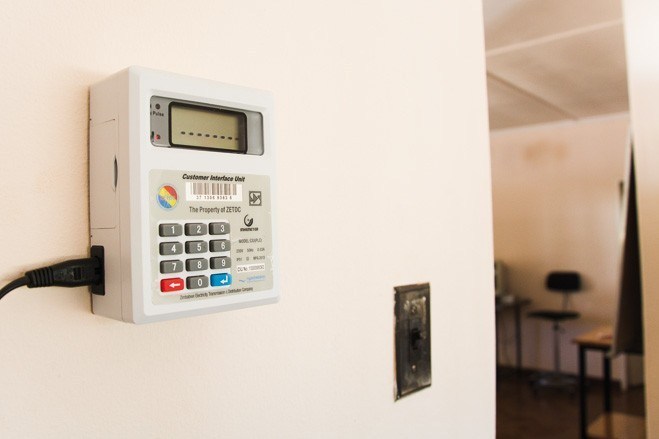Government acts to plug inefficient use of energy
GOVERNMENT is crafting a new Energy Efficiency Policy to address continued inefficient use of energy in the country, Energy and Power Development Minister Zhemu Soda said yesterday.
In a speech read on his behalf by Dr Sosten Ziuku, a principal director in the Ministry of Energy and Power Development during the National Energy Efficiency Policy consultative workshop held in Bulawayo, the minister bemoaned the continued inefficient use of energy in the country by institutions and domestic consumers.
“We are gathered here to launch the Energy Efficiency Policy development process of Zimbabwe. This exercise is part of an overall national energy policy initiative that seeks to create an enabling environment for making clean and affordable energy accessible to all in an upper middle-income economy by 2030,” he said.
“Besides efforts by the Government and its utilities, it has been noted that inefficient use of energy is still prevalent in many households and institutions.
“This is shown by the type of machines, gadgets and lighting people use,” said Minister Soda.
He noted that local markets were also flooded with energy inefficient products, which pile pressure on the limited grid.
“As I speak, some industries are still using inefficient mercury vapour lighting units among others instead of LEDs.
Our electric motors, pumps and steam heating system in industries, mining and agriculture are also inefficient,” he said.
Minister Soda said the Government was also working on the implementation of Sustainable Goal Development number 7 (SDG 7) l, which requires increased use of renewable energy and doubling the improvement in energy efficiency by 2030.
In 2012, Government launched a general National Energy Policy, which stipulates that sub-policies should be developed for the renewable energy, bio-fuels on energy efficiency and other energy-related sectors.
In March this year, the Government also launched the National Renewable Energy Policy and the Bio-fuels Policy, which are now being implemented.
“In line with our long-term vision of achieving universal access to all by 2030, we have also started a process of developing a National Energy Efficiency Policy.
“These strategic documents are meant to provide a clear road map for attracting investments, regulation of local operations and creation of an enabling environment for players in the energy sector, particularly the private sector,” said Minister Soda.
He noted that the power and fuel situation in the country has improved significantly compared to last year.
“The power demand is approximately 1 400MW at this time of the year. This demand is met through local power generation and imports from our neighbours mainly South Africa and Mozambique. Even though the country has total installed generation capacity of about 2 300MW, the achievable capacity from these assets is around 1 100MW on a good day,” he said.
“To deal with this shortfall we import 150-400MW from South Africa as I have alluded before. It is only on dire situations that we resort to load shedding to manage the electricity supply and demand mismatch.
“In fact, this is one of the reasons why energy efficiency is critical so that we use our resources prudently.”
On the fuel side, Minister Soda said, the Government’s policy on direct fuel imports for those with free funds through licensed oil companies and other measures, have paid dividends leading to a stable fuel supply situation.
Previous studies done on energy efficiency in Zimbabwe by various consultants have shown that use of old and antiquated equipment in the residential sector, industry, and mining have resulted in low energy efficiency levels.
“Energy efficiency awareness by our citizens was also reported lacking levels. This leads to unnecessary energy loses in terms of both electricity and fuel that the country cannot afford,” said the minister.-chronicle.o.zw










